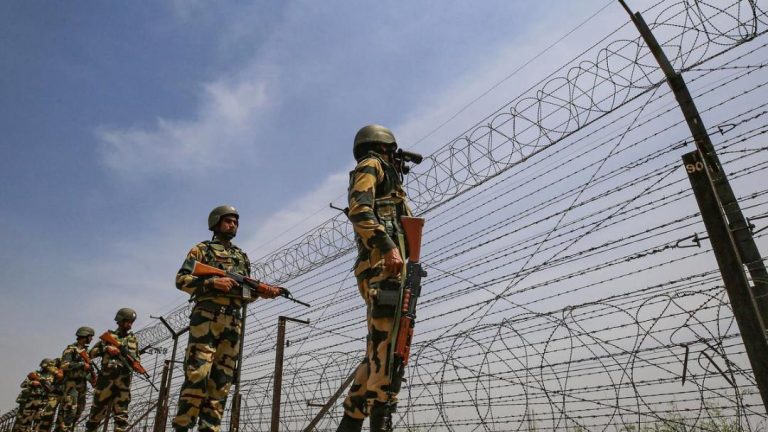
Title: No Meat Sale within 500m of UP Religious Places Ahead of Navratri
As the nine-day Navratri festival approaches, the Uttar Pradesh government has taken a significant step to ensure a peaceful and holy celebration. On Saturday, the government ordered the closure of all illegal slaughterhouses and banned the sale of meat within 500 meters of religious places across the state. This move is aimed at maintaining a sense of reverence and spirituality during the festival, which is considered sacred by millions of Hindus.
The ban on meat sales will be in effect until the end of the Navratri festival, which begins on October 7 and concludes on October 15. Additionally, a total ban on animal slaughter and meat sales will be enforced on Ram Navami, which falls on April 6.
To ensure the effective implementation of this decision, district-level committees have been constituted under the chairmanship of district magistrates. These committees will be responsible for monitoring the situation and take necessary action against anyone found violating the ban.
This move by the UP government has been welcomed by many Hindus, who consider Navratri a significant festival that honors the divine feminine. The festival is celebrated to worship the nine forms of Goddess Durga, who is believed to have slain the buffalo-demon Mahishasura to save the world from evil.
The UP government’s decision to ban meat sales and slaughterhouses is seen as a step towards promoting a sense of communal harmony and respect for religious sentiments. Many Hindu organizations and individuals have been demanding stricter measures to prevent the sale and consumption of meat in areas surrounding religious places.
Critics, however, have argued that the ban is an infringement on the personal freedoms of citizens and may not be constitutionally valid. They point out that the Supreme Court has previously struck down similar bans on meat sales in other states, citing the right to freedom of choice and the importance of preserving cultural diversity.
Despite these concerns, the UP government has maintained that the ban is necessary to maintain law and order and ensure that the Navratri festival is celebrated peacefully. The government has also assured that alternative arrangements will be made for the sale of meat and other essential commodities to ensure that citizens are not unduly inconvenienced.
The ban on meat sales and slaughterhouses is part of a broader effort by the UP government to promote a sense of religious harmony and tolerance in the state. The government has also taken steps to ensure that religious processions and festivals are conducted peacefully and without any disruptions.
In a separate development, Elon Musk, the CEO of Tesla and SpaceX, has suffered a significant loss following his purchase of Twitter. According to reports, Musk has lost a staggering Rs 93,500 crores since he took over the social media platform. This loss is equivalent to the market capitalization of several Indian companies.
Musk’s purchase of Twitter has been marked by controversy and uncertainty, with many users expressing concerns about the platform’s new owner. Despite these challenges, Musk has maintained that he is committed to making Twitter a more transparent and democratic platform for all users.
In conclusion, the UP government’s decision to ban meat sales and slaughterhouses within 500 meters of religious places is a significant step towards promoting a sense of communal harmony and respect for religious sentiments. While critics may argue that the ban is an infringement on personal freedoms, the government has maintained that it is necessary to maintain law and order and ensure that the Navratri festival is celebrated peacefully.
As we await the outcome of this decision, we can only hope that it will serve as a positive step towards promoting greater understanding and tolerance between different religious communities in the state.
Source:



